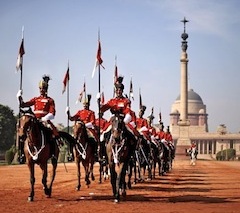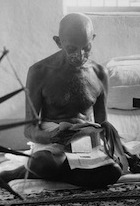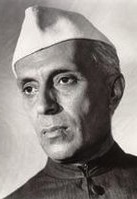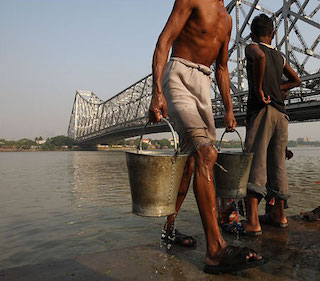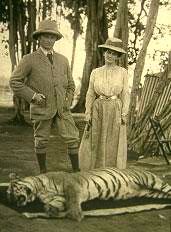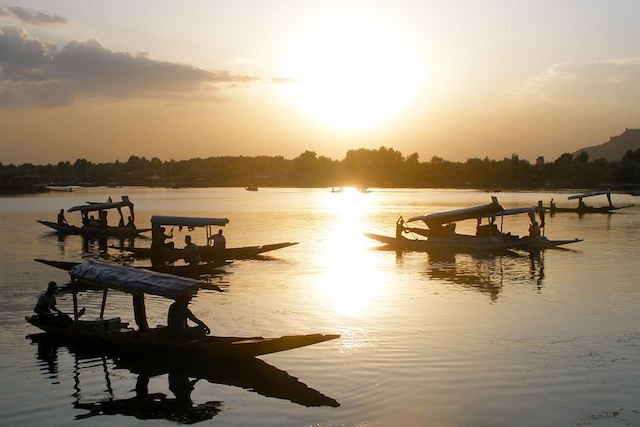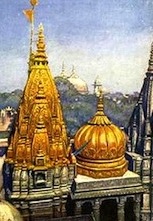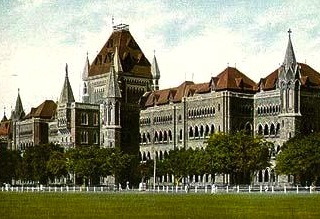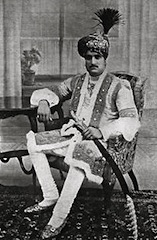A moment comes, which comes but rarely in history, when we step
out from the old to the new; when an age ends; and when the soul
of a nation long suppressed finds utterance... At the dawn of
history India started on her unending quest, and trackless
centuries are filled with her striving and the grandeur of
her successes and failures. Through good and ill fortune
alike she has never lost sight of that quest or forgotten
the ideals which gave her strength. We end today a period
of ill fortune and India discovers herself once again.
|
|
óJawaharlal Nehru (1947) |
THIS
reading-intensive colloquium focuses on the historiography of the Indian subcontinent from the decline of the Mughal Empire and expansion of the British East India Company through the period of British crown rule into the early decades of the Republic of India.
The study of Modern India is an ambitious undertaking. It is a vast and complex subject and requires from the student of history a good measure of intellectual curiosity, open-mindedness, and willingness to venture into unfamiliar territory and encounter new historical narratives and controversies. It is not the goal of this course to offer a comprehensive treatment of all aspects of modern India's rich and complex history. We will, however, be introduced to the most important themes and debates in historical scholarship from a wide range of perspectives. Readings will address the political, cultural, social, economic and psychological dimensions of colonial and postcolonial India.
|


